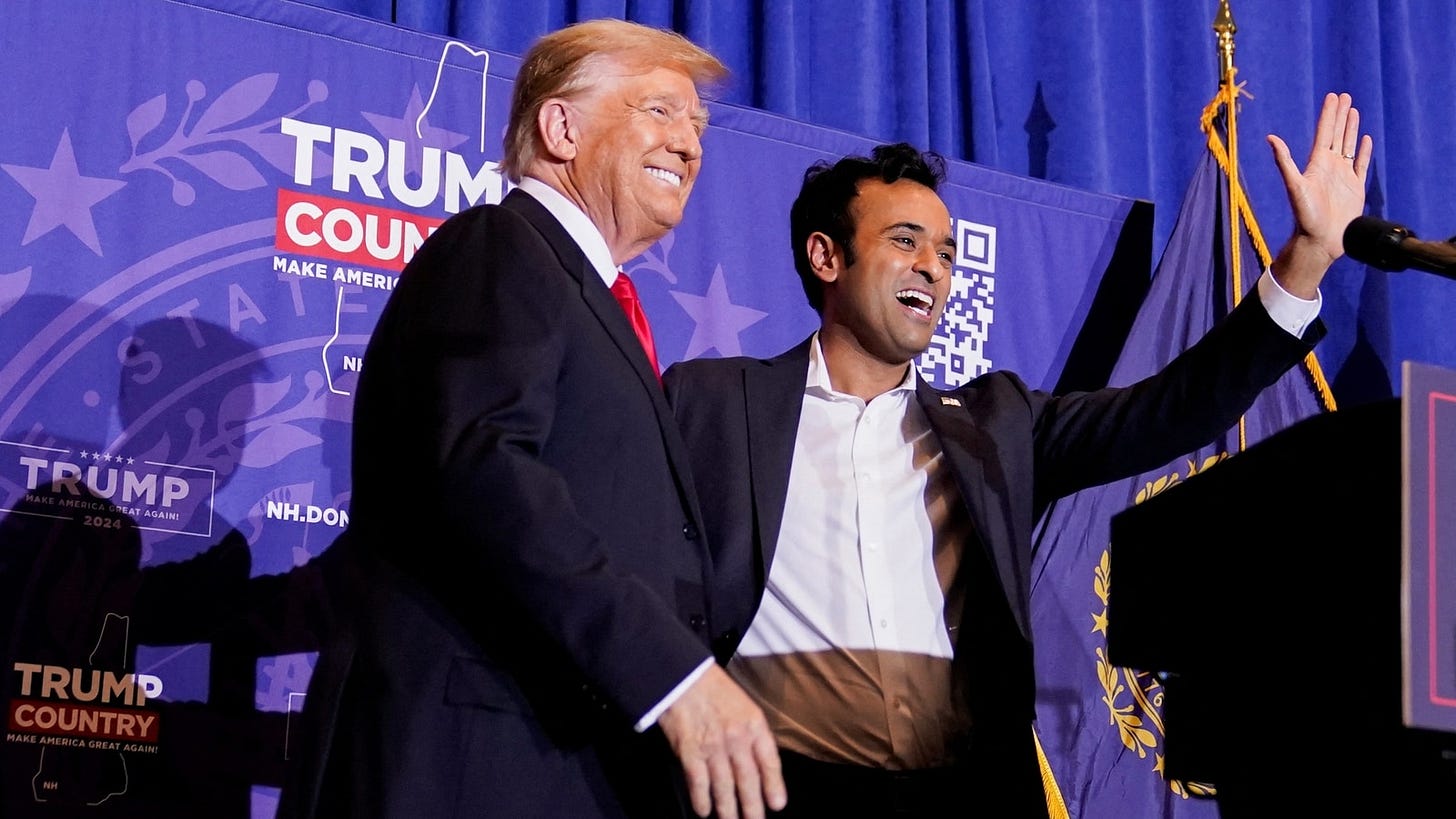Trump Backs H-1B Visas Amid Immigration Debate
The program is especially popular among tech companies, which rely on it to fill specialized roles.
In a statement to The Post on Saturday, President-elect Donald Trump voiced his support for the H-1B visa program, a stance that aligns him with tech entrepreneur Elon Musk in the ongoing debate within MAGA circles over immigration policy.
“I’ve always liked the visas, I have always been in favor of the visas. That’s why we have them,” Trump said in a ph…




